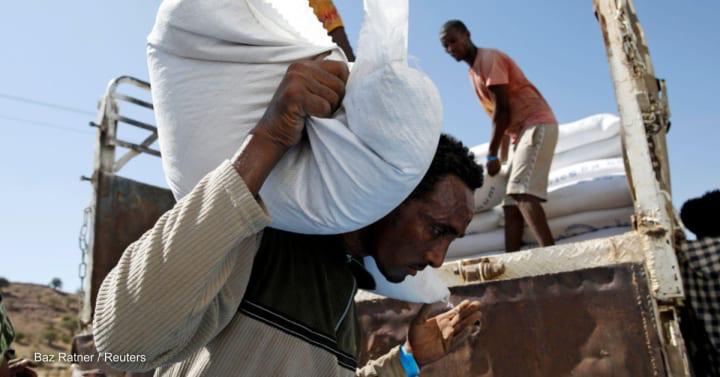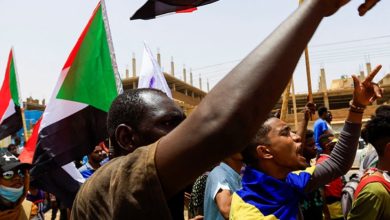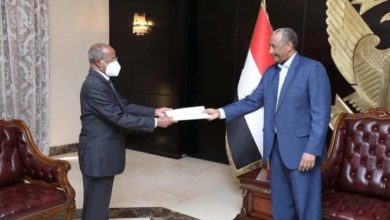Sudanese authorities accused of INGO cash shakedown amid aid freeze

press/slma
By Mat Nashed
Since last October’s military coup, Sudanese state ministers and officials have resorted to practices used by the former regime of dictator Omar al-Bashir, such as piling on bureaucratic procedures to extract profit and attempting to interfere in INGO procurements, according to aid workers, experts, and U.N. agencies.
A comprehensive look at the day’s top global development breaking news, analysis, and opinion
Experts say that the international community — donor countries, INGOs, and U.N. agencies — should form a united front to push back against corruption, especially since nearly half of the country’s 44 million people are expected to need humanitarian assistance due to food insecurity this year.
“There will be a need for major relief operations in the coming months, and therefore, this is the time for humanitarian agencies to speak out about these corrupt practices and denounce them,” said Suliman Baldo, a Sudanese expert on humanitarian affairs. “They must push the government to act fairly.”
US will resume aid funding for Sudan but bypass military government
The U.S. government had frozen funding to Sudan following the 2021 military takeover, but officials now say it will resume. USAID intends to support civil society organizations, and funding will bypass the military government.
Under Bashir, the Humanitarian Aid Commission, or HAC, was staffed by security officers who frequently denied access to INGOs and treated foreign aid workers as western spies. In 2009, Bashir kicked out 13 INGOs after the International Criminal Court indicted him on accounts of war crimes and crimes against humanity for atrocities committed in the western state of Darfur.
Bashir, who was eventually charged with genocide, fell from power a decade later. His departure led to a joint civilian-military government and optimism among relief agencies that they would no longer face major impediments to their work.
While HAC was never reformed or replaced despite efforts to do so, aid access did improve considerably due to the political will of the civilian administration during the brief democratic transition. But now, authorities are reintroducing constraints since the military consolidated power.
Requests for ‘Fees and Incentives”
INGOs that spoke to Devex under the condition of anonymity, for fear that they could lose aid access if they were identified, all attributed the practices to the halt in billions of dollars in international development aid in response to the coup. The pause in funding has been welcomed by Sudanese protesters, yet it has compounded an already acute economic crisis by accelerating inflation and eroding the salaries of civil servants. Donors have since pivoted to funding humanitarian organizations, making them lucrative sources of revenue for federal and state officials.
Paola Emerson, the head of the U.N. Office for the Coordination of Humanitarian Affairs in Sudan, told Devex that new bureaucratic procedures, which sometimes require aid agencies to pay additional fees, have been introduced.
She said that state level authorities are particularly requesting more ‘fees and incentives’ from INGOs, but UNOCHA doesn’t know how much money is being paid or what exactly is being requested. When reporting expenses, INGOs usually list a figure that accounts for all their ‘overhead or operational costs’ without specifying the amount of each item or fee, she explained.
“Nobody tracks the actual amount. It is just the cost of doing business,” Emerson said. “But with the current economic crisis, we are seeing more requests and higher amounts requested … in terms of the financial amount [required to complete] procedures and in terms of more procedures being asked.”
The country direc…





